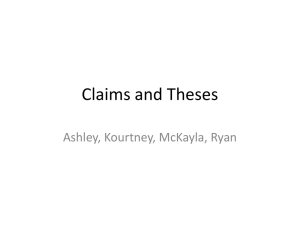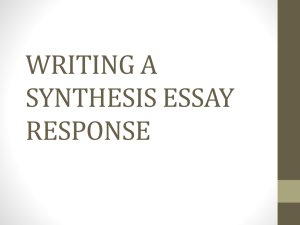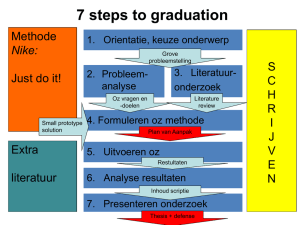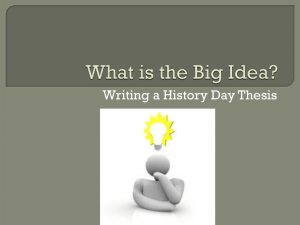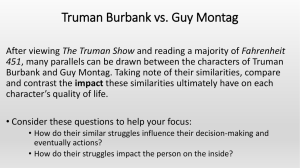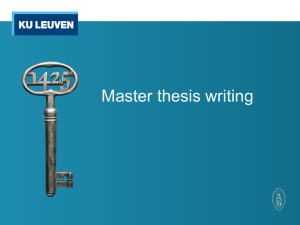APW Comparison Essay
advertisement
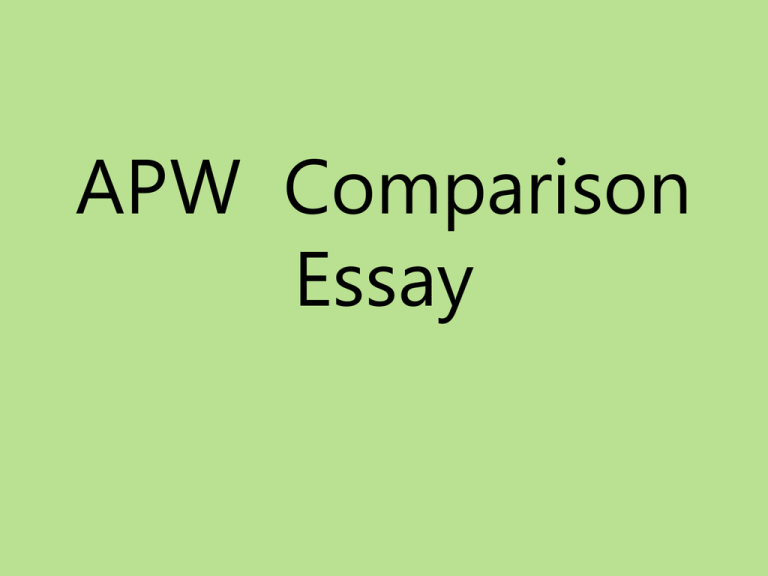
APW Comparison Essay Comparative essay rubric Comparative Essay for AP World History Name: per Question: Basic Core – competence pts 1. Has acceptable thesis 1 (addresses comparison of the issues or themes specified) 2. Addresses all parts of the question, 2 though not necessarily evenly or thoroughly. [Addresses most parts of the question, (1) (For example, deals with differences but Not similarities.)] 3. Substantiates thesis with appropriate 2 historical evidence. [Partially substantiates thesis with (1) appropriate historical evidence.] 4. Makes at least one or two relevant, 1 direct comparisons between or among societies. 5. Analyzes at least one reason for a 1 similarity or difference identified in a direct comparison. Subtotal 7 pts Possible total: 9 Expanded Core pts Expands beyond basic core of 1-7 points. The basic core of 7 must be achieved before a student can earn expanded core points. 0-2 Examples: has a clear, analytical, and comprehensive thesis Addresses all parts of the question (as relevant): comparisons, chronology, causation, connections, themes, interactions, content. Provides ample historical evidence to substantiate thesis. Relates comparisons to larger global context Makes several direct comparisons consistently between or among societies. Consistently analyzes the causes and effects of relevant similarities and differences. Subtotal 2 pts Student Score: Suggestions for improvement: CORE SCORING • Identifies basic competency • Items 2 & 3 can earn 1 OR 2 points • Must get credit for ALL core scoring points (7 total) to qualify for additional pts. Rubric • Comparison means to say what is the same and what is different. • This says at LEAST one, you need THREE. – Rule of 3! • Analyze means to say why. – Why is there a difference or similarity? 1. Has acceptable thesis (1pt) (addresses comparison of the issues or themes specified) • • • • Can be more that one sentence Can include some analysis Should address time period Should address similarities AND differences EXAMPLE QUESTION AND THESIS Compare and contrast the Han Empire during 206 B.C.E.-220 C.E. with the Spanish empire of the sixteenth century. • The specific argument here would include at least one comparison and one contrast and reference to both the empires and the time frames. • Many students may write: – “There were many similarities and differences between the Han Empire during 206 B.C.E an-22 B.C.E. and the Spanish empire of the sixteenth century.” – Unfortunately, this is not good enough for the AP World exam. It is too general and more or less repeats the prompt. • With a simple addition and a bit of tweaking, you can make this thesis work: – “There were many similarities and differences between the Han Empire during 206 B.C.E.- 220 B.C.E. and the Spanish empire of the sixteenth century. One was land-based and the other sea-based yet they both grew rich from conquest of territory outside their boundaries.” • You can make two sentences instead of one from the second sentence: – “There were many similarities and differences between the Han Empire during 206 B.C.E-220 B.C.E and the Spanish empire of the sixteenth century. One was land-based and the other sea-based. They both grew rich from conquest of territory outside their boundaries.” 2. Addresses all parts of the question, though not necessarily evenly or thoroughly. (1 or 2 pts) • Answer the question, not something else • Address similarities and differences • Create logical analytical organization – usually by categories, not the societies being compared 3. Substantiates thesis with appropriate historical evidence. (1 - 2 pts) • Historical evidence refers to specific facts; “pieces of evidence” • Do not include your opinion or value judgments 4. Makes at least one or two relevant, direct comparisons between or among societies (1pt) • Must link directly • Must be comparisons that make sense! • Eg: While Egyptians made preparations for an afterlife, Mesopotamians tended to not consider an afterlife important or desirable. 5. Analyzes at least one reason for a similarity or difference identified in a direct comparison • Analysis – why • The regularity of the flooding of the Nile created a positive attitude towards the gods among the Egyptians. On the other hand, because Mesopotamia’s rivers flooded violently and unpredictably, the people considered the gods to be capricious. • Consequently, while the Egyptians considered eternity with the gods desirable, the Mesopotamians hoped there wasn’t an eternity. • Thesis practice: –Look at your introduction and conclusion –Does the essay contain a complete thesis? • Other core pts. –Does your essay fulfill these minimal requirements How do I organize my COMP essays? Example • This can work, but not always. • Why would this not always work? WHAT THE COLLEGE BOARD SAYS: Students are more likely to initially feel comfortable listing similarities and differences, so this structure might be less intimidating than the Categorical Split. Good analysis though is more likely to come if/when students proceed to the next level of categorization (political, economic, social, etc). Example • This requires a lot of prewriting. • Do not use the broad social, economic or political categories; Narrow the categories to themes and concepts. • Why would you want to narrow them? WHAT THE COLLEGE BOARD SAYS: Effective pre-writing is vitally important. The Categorical Split structure requires students to spend considerabl time planning their thesis and organization. Because the thesis contains categories, it is usually more sophisticated and often automatically helps structure later paragraphs. It may even be good enough for “extra credit” (Expanded Core). Studen are more likely to include analysis and numerous direct comparisons. In short, there’s nothing like a strong thesis to help everything else. Common Problems • Describing the two things or events separately (with a lot of evidence) but never comparing and/or contrasting. – You will not earn any points for describing. • Confusing dates, people, and places • Running out of time and not finishing Things Not To Do • Don’t use I, refer to the reader, or ask questions at any time in the essay • Don’t just put the direct comparison or analysis words in the paragraphs to “get credit”—the information you write has to all make sense! • Do not use vague statements for evidence; it must be facts – Economically the trade with Europe continued to grow. (how?) – The czars became more powerful and expanded Russia (how?) – The nobles were pressured to adapt to western customs (which ones?) A “Question” Analyze the similarities and differences in human lifestyles in the Paleolithic & Neolithic Eras. [write a complete thesis as a group]
